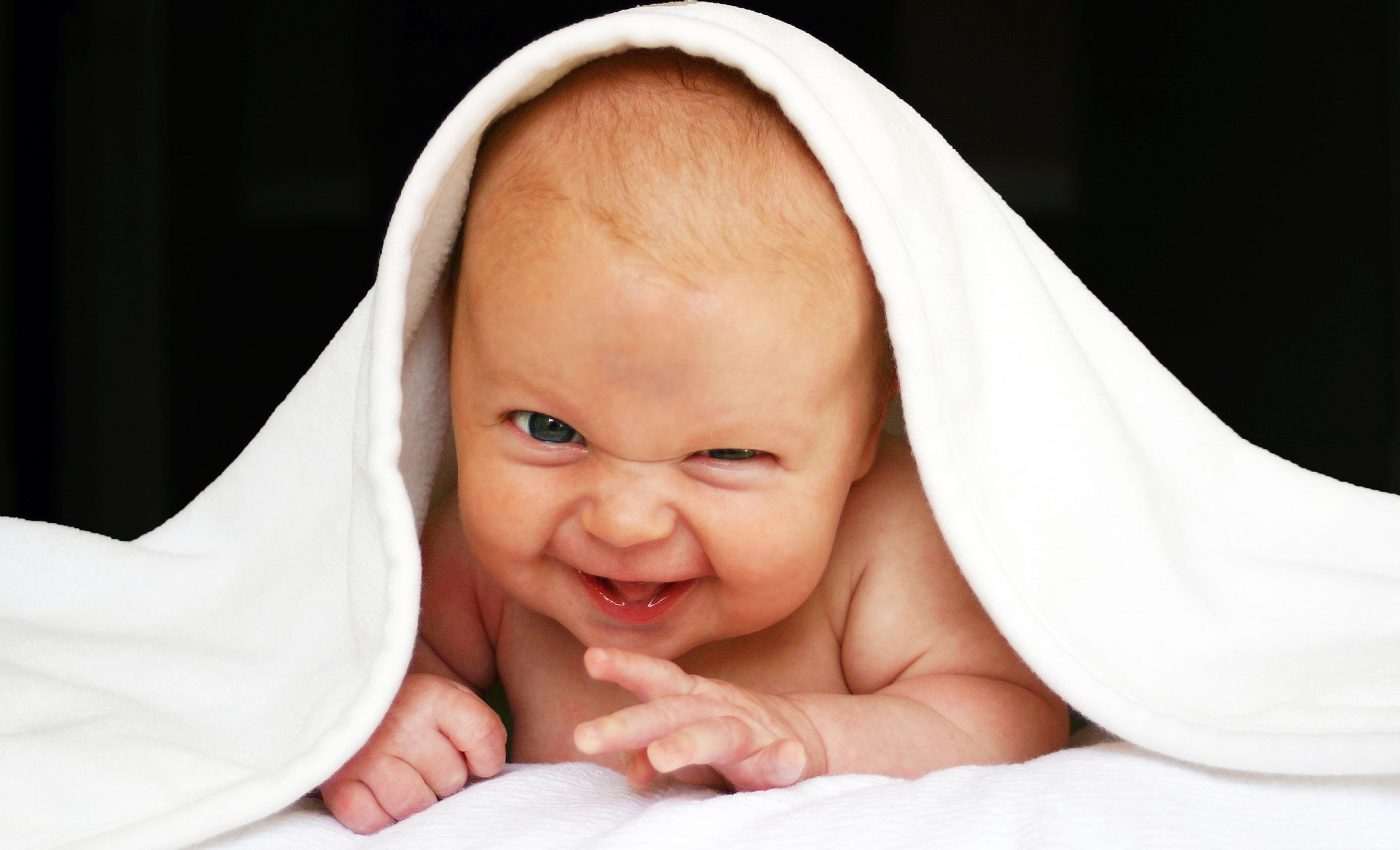
Are babies born with morals, or is morality a learned behavior? Scientists think they know
Are babies born with a moral instinct for right and wrong, or do they figure it out after seeing how others behave? This question has stirred up lively debates in academic circles for years.
Some early experiments hinted that babies can prefer helpful individuals over harmful ones, long before they can speak. Recent findings now cast doubt on the idea that morality is hardwired from birth.
Dr. Kiley Hamlin at the University of British Columbia has been leading important inquiries in this field.
Moral instincts in babies
Moral psychology explores how people come to recognize acceptable and unacceptable behavior. Many have wondered if these sensitivities are in place from the start or shaped by social interaction.
John Locke proposed that the human mind begins as a tabula rasa, meaning a blank slate, with all knowledge stemming from experience.
This perspective suggests that children develop moral judgments only after observing the actions of those around them.
The replication challenge
In science, replicability means being able to repeat a study and get consistent outcomes. Experts recently joined forces to re-assess whether infants truly favor characters who help over those who hinder.
They used video stimuli instead of live puppet shows and tested a large sample. Results indicated that infants did not show a consistent preference for pro-social figures.
Possible explanations
One possibility is that babies need more time in the world before they form strong impressions about right and wrong. Others suspect small changes in the method can influence an infant’s attention and choices.
“Some people will jump to the interpretation that [the results show] the original finding was incorrect…we shouldn’t be so quick to jump to conclusions,” posted Michael Frank, founder of the ManyBabies consortium.
Researchers note that subtle differences in presentation might explain the mixed outcomes.
Classic theories from Jean Piaget suggest children’s moral judgments evolve in stages, moving from a focus on consequences to an understanding of intentions.
If moral reasoning develops over time, it may be less obvious in infants who are still exploring their surroundings.
Lawrence Kohlberg’s six-stage sequence also implies that advanced moral thinking requires cognitive growth. Babies, by contrast, could be years away from processing moral conflicts at that level.
Some point out that in many cultures, parents quickly step in to shape moral behavior, teaching children to recognize good and bad acts. Early environment may thus play a bigger role than expected.
Others highlight that investigating infant behavior is tricky. A slight alteration in setting might change how babies react in ways that do not necessarily map onto their moral understanding.
Future research on babies morals
Researchers continue to refine designs that capture genuine responses from infants. Eye tracking, heart rate measures, and brain imaging could offer clearer insights without relying solely on manual choices.
Some wonder if there is an innate core to morality. Paul Bloom’s work argues that young children may display compassion or empathy when someone is hurt.
Another perspective is that moral awareness takes shape through simple interactions, like seeing a parent console someone who is upset. Repeated exposure to caring acts might steer children toward a preference for kindness.
Why studies on baby morals differ
Discrepancies between studies can reflect the complexity of human development. Babies are not miniature adults, and their responses can hinge on momentary factors like mood or alertness.
Large-scale collaborations offer a powerful way to handle variability across labs. This approach increases confidence in the findings by recruiting diverse samples of children from different backgrounds.
Yet, even large efforts cannot offer the final word on infant morality. Researchers remain eager to keep testing new methods and refine our understanding of how these little humans begin to judge right and wrong.
Implications for parents
Some experts propose that parents observe their child’s spontaneous reactions to kindness or aggression. This can guide gentle interventions and conversations that frame empathy as a cherished value.
Simple acts, like praising a toddler for sharing, may spark early moral awareness. Subtle encouragement could pave the way for deeper ethical reasoning later in childhood.
Ongoing questions
Many psychologists wonder if moral responses differ in babies raised in close-knit communities versus more individualistic settings.
Broader cross-cultural studies could reveal whether certain behaviors are consistent across societies or shaped by local customs.
Debates about morality in infancy are far from settled. Each fresh result invites new theories, and the field thrives on reevaluating what it truly means to be human.
New data-collection methods, including real-time parent diaries, may refine how researchers track changes in infant reactions across many months. Capturing these everyday moments could lead to a fuller picture of early moral inclinations.
The study is published in Developmental Science.
—–
Like what you read? Subscribe to our newsletter for engaging articles, exclusive content, and the latest updates.
Check us out on EarthSnap, a free app brought to you by Eric Ralls and Earth.com.
—–













